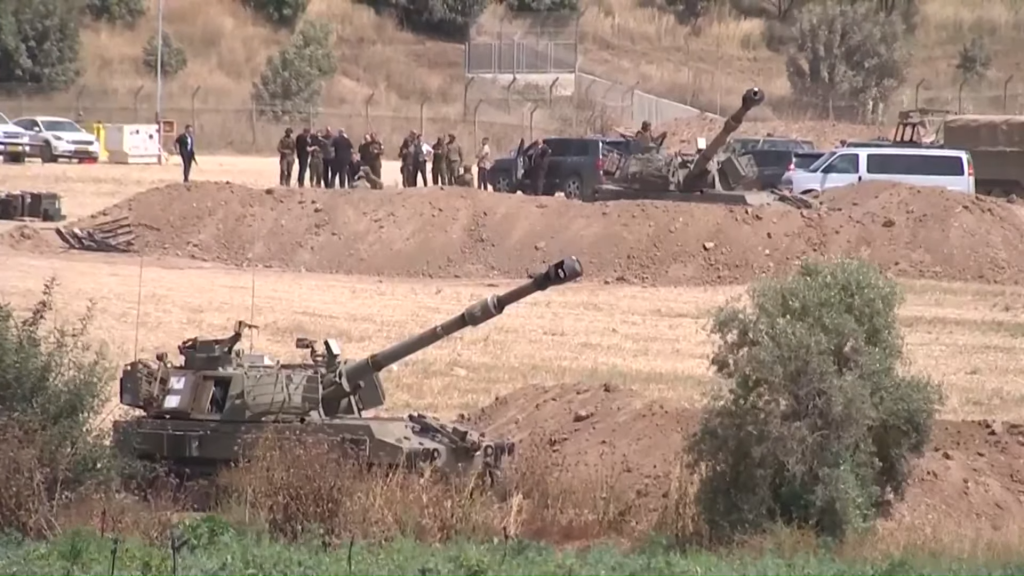Israel-Hamas Ceasefire Agreed, To Be Monitored By Egypt
Israel and Hamas have agreed to a ceasefire that will take effect 2AM local time on Friday, hopefully ending the fiercest fighting seen in decades. Rocket launches and airstrikes continued despite the announcement of the ceasefire, however, officials of both parties have stressed that the ceasefire will be “mutual”.
The ceasefire comes amidst increasing international calls for fighting to end, with US President Joe Biden saying in a phone call to Israeli Prime Minister Benjamin Netenyahu that he expected “a significant de-escalation today on the path to a ceasefire” on Wednesday. Secretary of State Antony Blinken told reporters earlier today that he had reiterated that message in a phone call with Israeli Foreign Minister Gabi Ashkenazi.
Netenyahu’s security cabinet voted unanimously today in favor of a “mutual and unconditional” ceasefire deal proposed by Egypt, hours after a phone discussion on Gaza between President Biden and Egyptian President Abdel Fattah al-Sisi. Egyptian state television has since reported that al-Sisi has ordered two security delegations to Israel and the Palestinian Territories to monitor the ceasefire.
Gaza’s medical authorities claim that 232 Palestinians have been killed over the past 11 days of bombardments, including 65 children. Over 1,900 more are said to have been injured. Israel claims to have killed at least 160 fighters in its strikes on Gaza. 10 Israeli civilians were killed by rocket impacts, while two died of falls when running to shelters. 118 Israelis were wounded by rockets, seven of them seriously; 225 injured in falls when running to shelters, one seriously. 252 Israelis have been treated for anxiety as well.
Even if the ceasefire holds, the path forwards for both Gaza and Israel remain as hazy as ever. While Israeli Defense Minister Benny Gantz has claimed “unprecedented military achievements” over the past 11 days, in addition to denying Hamas claims of Israeli assurances over policy regarding the Sheikh Jarrah neighbourhood in East Jerusalem and the Temple Mount (the casus belli used by Hamas and other Palestinian groups for the recent fighting), scenes of rioting and lynchings in Israel raise fears of a further breakdown in societal relations between Jews and Arab Israelis. Similarly, accusations that Netanyahu was attempting to wag the dog following continued political deadlock have dogged the criminally indicted Prime Minister ever since the first airstrike was launched, and now that the end of fighting is seemingly in sight, putting off his day in court any further may no longer be possible.

